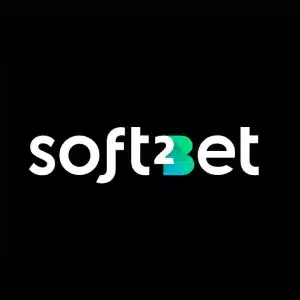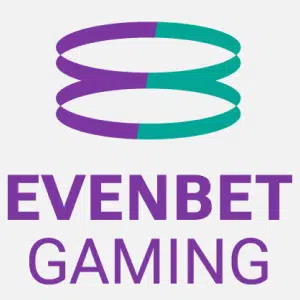
The Ministry of the Interior has submitted draft legislation for a new gambling act in Finland.
This proposal, part of a broader government reform, aims to end Veikkaus Oy’s monopoly on betting, online slot machines, and casino games, opening these sectors to competition through a licensing system.
Currently, Veikkaus Oy holds the exclusive right to offer gambling games in Finland. However, a significant amount of online gambling occurs outside this monopoly, with enterprises operating beyond national regulation and oversight.
The new legislation seeks to regulate these activities by allowing gambling companies to apply for licenses from the Finnish Supervisory Agency. The goal is to reduce gambling-related harm and channel demand into a regulated framework.
Under the proposed system, certain games would remain under an exclusive license, maintaining Veikkaus Oy’s monopoly in verticals such as lottery games and scratch cards.
The new competitive market and Veikkaus Oy’s monopoly operations would be managed by separate entities within the same group. The government would annually decide the compensation Veikkaus Oy pays for its exclusive license.
The draft legislation also proposes significant changes to the supervision and regulation of gambling.
A new Finnish Supervisory Agency would take over from the National Police Board, gaining extensive powers to enforce the law, including the ability to impose fines, revoke licenses, and use network barring and payment blocking to prevent unlicensed gambling activities.
Additionally, the act would introduce strict rules for advertising and marketing gambling games, aiming to ensure moderation and prevent the targeting of minors or vulnerable individuals.
As part of these safer gambling measures, the legislation would establish a centralized register for self-imposed gambling bans and require the registration and identity verification of gamblers.
The proposed reforms include a staged implementation plan, with applications for gambling licenses anticipated from early 2026 and licensed operations potentially commencing by early 2027.
















